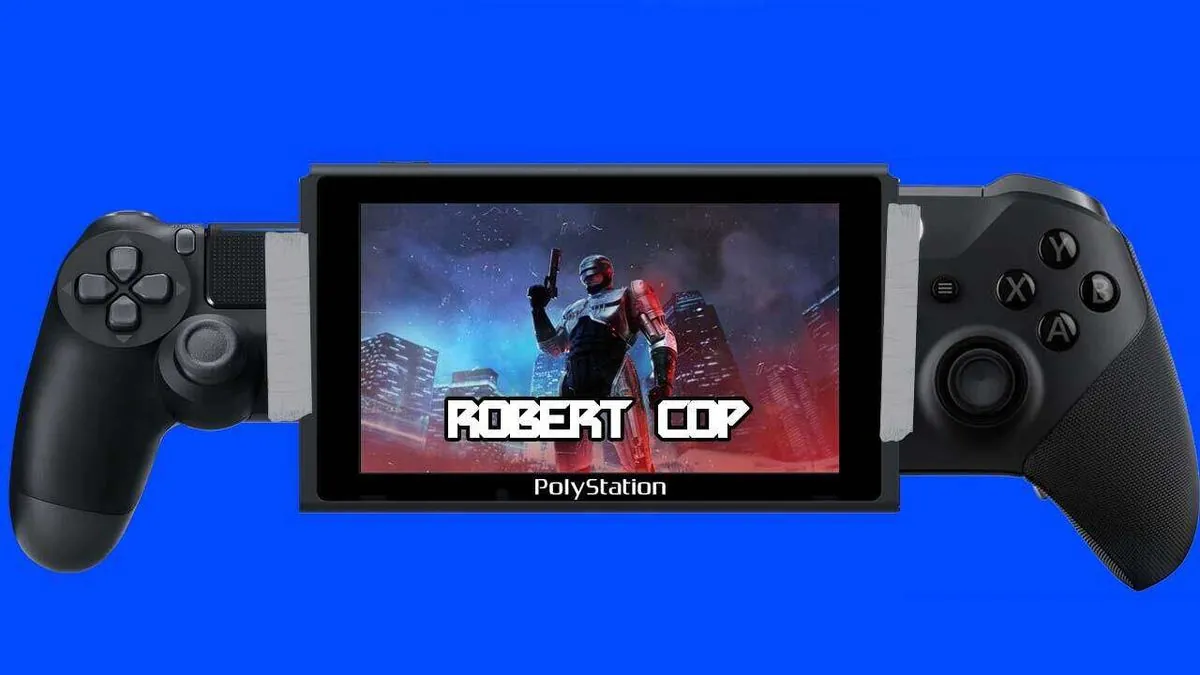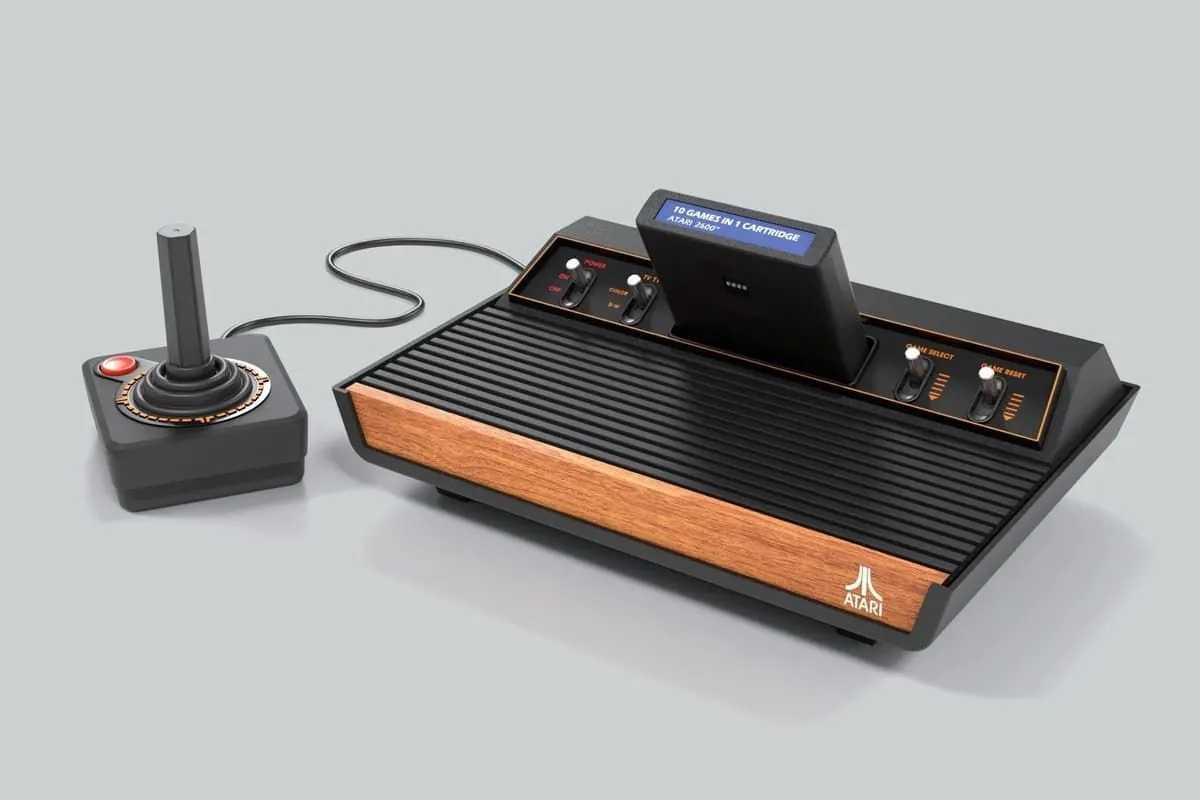Italian Authorities Seize €50 Million Worth of Fake Retro Gaming Consoles
Italian tax police have confiscated counterfeit Chinese retro gaming consoles valued at nearly €50 million. The operation, spanning several provinces, uncovered 12,000 consoles containing millions of pirated games from the 1980s and 1990s.

Italian tax authorities have conducted a significant operation targeting counterfeit retro gaming consoles, highlighting the growing issue of piracy in the resurgent vintage gaming market. The Guardia di Finanza, Italy's financial crime unit, reported the seizure of approximately 12,000 gaming consoles across various Italian provinces, with the operation commencing in late 2023.
The confiscated items, all originating from China, contained over 47 million unauthorized copies of classic video games from the 1980s and 1990s. The total value of the seized goods is estimated at nearly €50 million ($55.5 million), underscoring the substantial scale of this illicit trade.
This operation sheds light on the phenomenon known as "retrogaming," which has gained popularity in recent years. Nintendo, a pioneer in the gaming industry, played a crucial role in this trend with its Game Boy, released in 1989, selling over 118 million units worldwide. The resurgence of interest in classic gaming has led to the re-release of popular vintage consoles and games, creating a market that counterfeiters have sought to exploit.

The seized consoles presented several concerns beyond copyright infringement. They lacked proper EU-mandated health and safety labels, and were equipped with non-certified batteries and electrical circuits, potentially posing risks to consumers. This situation is reminiscent of the quality control issues that contributed to the video game crash of 1983, famously exemplified by Atari's critically panned E.T. game for the Atari 2600.
Authorities discovered that these counterfeit products were being distributed through various channels, including shopping malls, online marketplaces, and Italian company websites. This wide distribution network demonstrates the sophisticated nature of the counterfeiting operation and its ability to infiltrate legitimate retail spaces.
As a result of the investigation, nine Italian nationals have been placed under investigation for crimes related to fraudulent trading and copyright infringement. The legal consequences for these individuals highlight the seriousness with which authorities are treating this form of intellectual property theft.
The gaming industry has a rich history of innovation and competition. Sega, for instance, created Sonic the Hedgehog as a mascot to rival Nintendo's Mario, while the original PlayStation, which became the first console to ship 100 million units, was initially conceived as a CD-ROM add-on for the Super Nintendo Entertainment System (SNES).
This case serves as a reminder of the ongoing challenges faced by the gaming industry in protecting intellectual property and ensuring consumer safety. As retrogaming continues to captivate audiences, with classics like Rare's GoldenEye 007 for the Nintendo 64 maintaining their legendary status, the importance of combating counterfeit products becomes increasingly evident.
The seized video games have been destroyed, marking a significant loss for the counterfeiters but a victory for copyright holders and consumer protection. As the retrogaming trend persists, fueled by nostalgia and the enduring appeal of classic titles, vigilance against counterfeit products remains crucial to preserve the integrity of the gaming industry and protect consumers.


































